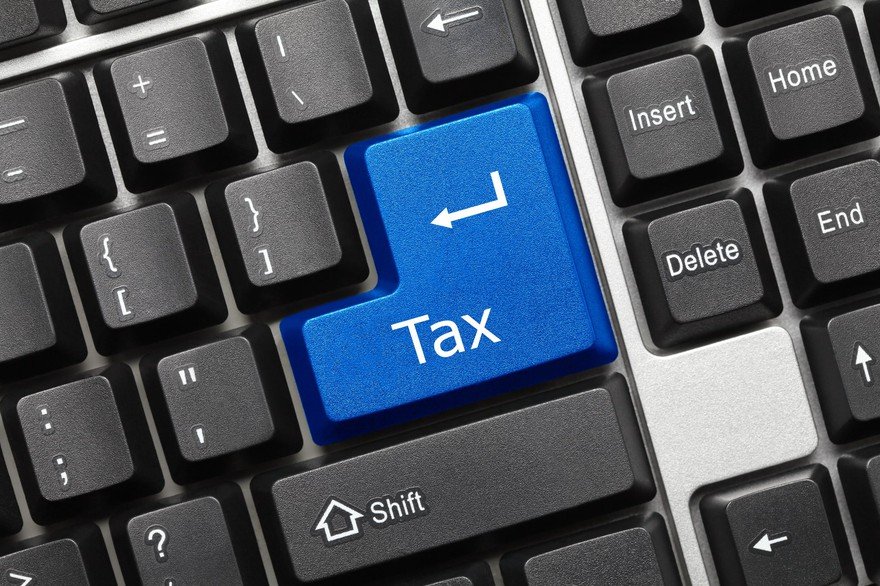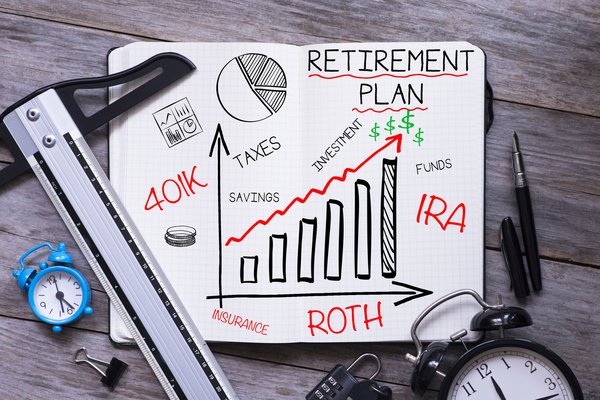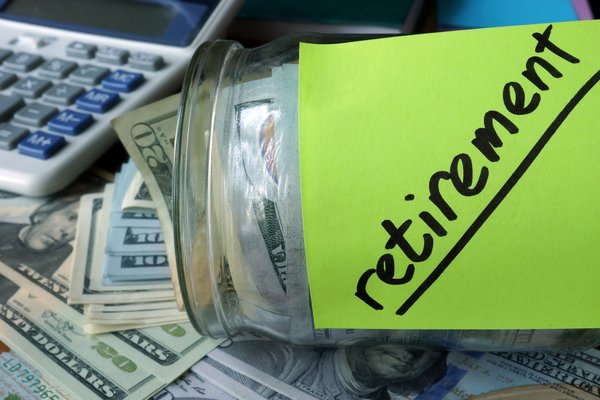When you're a retiree, taxes can eat into your available income and leave you with less to live on. It's important to remember that taxes don't stop once you're retired, but you can take steps throughout your working life to minimize your IRS obligations later.

Understanding the tax rules applicable to retirees is important even for younger Americans because many decisions to reduce your future tax bill need to be made early. This guide will explain the rules for how common sources of retirement income are taxed and provide some tips for retirement planning that can reduce your tax obligations.
How to determine your tax bracket in retirement
Determining your tax bracket in retirement is just like determining your tax bracket prior to retirement since the same basic tax brackets that apply to all taxpayers apply to retirees. The bracket you fall into is determined by your filing status and taxable income (income minus deductions).
Common sources of retirement income that are taxable include:
- Distributions from traditional 401(k) and IRA accounts
- Investment income
- A portion of your Social Security benefits (in some situations)
- Some pension income
- Income from work (either full time or part time)
Once you've determined your taxable income, refer to a tax bracket table to determine your rate based on your filing status.
One thing that's tricky, though, is that rates can change over time as they are adjusted for inflation or because of tax reform legislation. Therefore, if retirement is a long way off, it can be difficult to predict what your future rate will be. Still, if you can estimate your future retirement income, you can get a rough idea of what your tax bracket will likely be, barring any major legislative shifts.
How to minimize taxes in retirement
There are steps you can take to minimize the taxes you'll pay as a retiree. Here are five techniques to try:
Invest in Roth accounts
Distributions from Roth 401(k) and Roth IRA accounts are not taxable in retirement. You can take as much money out of these accounts as you would like without owing taxes, provided you follow IRS withdrawal rules.
If you don't want to worry about paying taxes after you retire, use these accounts as your primary retirement savings vehicles. Or, put at least some of your retirement money into them throughout your working life to reduce your future tax bills.
Be aware, though, that Roth accounts do not provide an up-front tax break in the year you make your contributions. As a result, it makes sense to choose Roths over traditional accounts if you expect your tax bracket will be higher in retirement than during the years you're contributing to your retirement accounts.
It's possible to convert traditional accounts to Roth accounts. However, there are tax consequences, and a five-year rule may limit your ability to access your funds tax-free if you roll over your account too close to retirement.
Live in a tax-friendly state
Some states have more tax friendly policies than others. Nine states levy no taxes at all on any income, while others don't tax Social Security.
Since your geographic location isn't limited by your job after retirement, it can pay to relocate to a place where you won't owe your state government as much tax money.
Make strategic withdrawals
After you reach age 72, you must begin taking required minimum distributions (RMDs) from certain tax-advantaged retirement accounts such as 401(k)s and IRAs. The amount of your distributions is based on factors such as your age and account balance.
But, outside of these rules, you largely have control over when and how to withdraw funds. If there's a year when you expect your income to be lower, you may want to take larger taxable distributions from your accounts during that time so the money can be taxed at a lower rate.
Choose tax-free investments
Retirees often move a portion of their retirement assets into bonds so they can maintain an appropriate level of risk as they age. Treasury bonds are generally exempt from taxes at the state and local level, while municipal bonds aren't taxed at the federal level. Explore these options to determine whether they should be a part of your portfolio.
Invest for the long term
Investment income can be taxed at either short-term capital gains rates or long-term capital gains rates (if you've held the investment for at least a year and a day). Long-term capital gains are taxed at a much lower rate than short-term capital gains.
Taxes on Social Security income
Social Security benefits are taxed on the federal level only once your provisional income exceeds a certain threshold. Provisional income is half of Social Security benefits, all taxable income, and some non-taxable income such as municipal bond interest.
Here's how taxes will apply to benefits depending on how much provisional income you have:
| Percent of Benefits Subject to Tax | Married Joint Filers | Other Filing Status |
|---|---|---|
| 0% | Under $32,000 | Under $25,000 |
| Up to 50% | $32,000-$44,000 | $25,000-$34,000 |
| Up to 85% | Above $44,000 | Above $34,000 |
You can ask the Social Security Administration to withhold taxes from your check (in much the same way employers did) so you don't end up owing a lot to the IRS when you file your taxes. If you don't have taxes withheld, you may need to submit quarterly estimated returns to pay taxes throughout the year.
Taxes on IRA and 401(k) withdrawals
Withdrawals from traditional IRAs and 401(k)s are taxed at your ordinary income tax rate. However, if you fail to take required minimum distributions, you are subject to a tax penalty of 50% of the amount not withdrawn. Be sure to take your RMDs to avoid additional penalties.
You may opt to have taxes withheld from 401(k) or IRA distributions in certain circumstances (withholding taxes is the default with some 401(k) plans). If you don't have taxes withdrawn, you may be required to pay quarterly estimated taxes to ensure the IRS receives the money you owe in a timely manner.
Taxes on investment income
As a retiree, you may also have income coming in from investments in a taxable account. If that's the case, it's important to understand the rules that apply:
- Interest income is usually taxed at your ordinary tax rate. That includes income from certificates of deposit (CDs), most bond interest, and interest from checking or savings accounts.
- Income from selling an investment for more than you paid for it is usually taxed at either the long-term capital gains tax rate (if you owned it for at least a year and a day). If you sell it within a year, you'll be taxed at the short-term capital gains rate, which is your ordinary income tax rate.
- Dividend income is typically taxed at preferential rates provided certain criteria are met, including being paid the dividend by a U.S. corporation or qualified foreign corporation and not falling into excluded categories. You also must have held the stock that pays the dividend for a certain minimum period. If your dividend isn't considered "qualified," it's taxed at your ordinary income tax rate.
Understanding these tax rules is important when you select investments so you can make an accurate assessment of the amount of after-tax income they will provide during your retirement.













